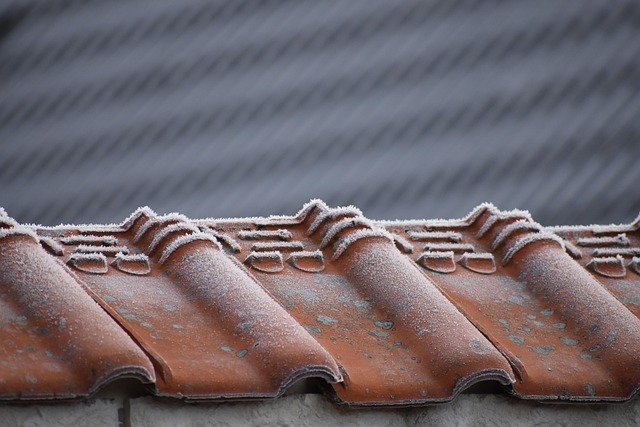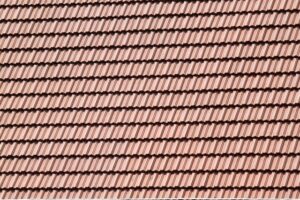Austin Roofers: Expert Installation of Flat & Sloped Roofs
Austin roofers are experts in handling diverse roofing challenges, from flat commercial roofs to sloped residential ones. They consider various factors like pitch, material (asphalt, metal, tile), underlayment, waterproofing, drainage, ventilation, insulation, and local building codes for structural…….

Austin roofers are experts in handling diverse roofing challenges, from flat commercial roofs to sloped residential ones. They consider various factors like pitch, material (asphalt, metal, tile), underlayment, waterproofing, drainage, ventilation, insulation, and local building codes for structural integrity and performance. A comprehensive guide aids both types of roofs, making Austin roofers indispensable in navigating this complex process.
Looking for reliable roof installation services in Austin? Austin Roofters is your trusted partner for both residential and commercial properties. This comprehensive guide covers everything you need to know about roof installation, including a deep dive into flat vs sloped roofs, materials, and the step-by-step process. Discover why Austin Roofters stands out with their expert services, from initial assessment to final completion. Read on to explore success stories and learn why choosing them is a wise decision.
Understanding Roof Installation: A Comprehensive Guide

Roof installation is a complex process that requires expertise and precision, especially when considering the diverse range of roof types and structures. For both residential and commercial spaces in Austin, roofing projects vary based on local climates, architectural designs, and individual preferences. Flat roofs, for instance, are popular for their simplicity and low-maintenance needs but demand robust waterproofing systems to withstand extreme weather conditions. On the other hand, sloped roofs offer better water drainage but necessitate specific angles and ventilation to ensure efficient performance.
When it comes to Austin roofers, a comprehensive guide to installation involves understanding structural integrity, material selection, and adherence to local building codes. Professional roofers tailor their approaches based on roof pitch, underlayment choices, and the type of roofing materials used, be it asphalt shingles, metal, or tile. Proper flashing, ventilation, and insulation are also integral parts of a successful roof installation, ensuring longevity and energy efficiency for any property.
– 1.1 Types of Roofs: Flat vs Sloped

Roofs come in two primary types: flat and sloped, each with its own set of advantages and considerations for Austin roofers. Flat roofs are precisely what their name suggests—a level surface designed to bear heavy loads and provide ample space for mechanical equipment or even gardens. They are often preferred for commercial buildings due to their simplicity in design and low maintenance requirements. On the other hand, sloped roofs have a curved or angled surface, typically pitched to shed water and snow effectively. This makes them more common in residential settings, offering both aesthetic appeal with various styles and excellent drainage capabilities.
Choosing between flat and sloped roofs involves understanding your property’s purpose, local climate conditions, and personal preferences. Austin roofers should assess factors like snow load, wind resistance, and the building’s structural integrity when recommending a suitable roofing type for each project.
When it comes to roofing in Austin, whether you’re a homeowner or business owner looking for a flat or sloped roof, understanding the process is key. This guide has highlighted the distinctions between these two common types of roofs and provided an overview of the installation process. With the right expertise and professionals like Austin roofers, installing either style can be done efficiently and effectively, ensuring your property is protected from the elements. Remember, the type of roof you choose can impact energy efficiency, maintenance requirements, and overall curb appeal, so make informed decisions for your specific needs.







